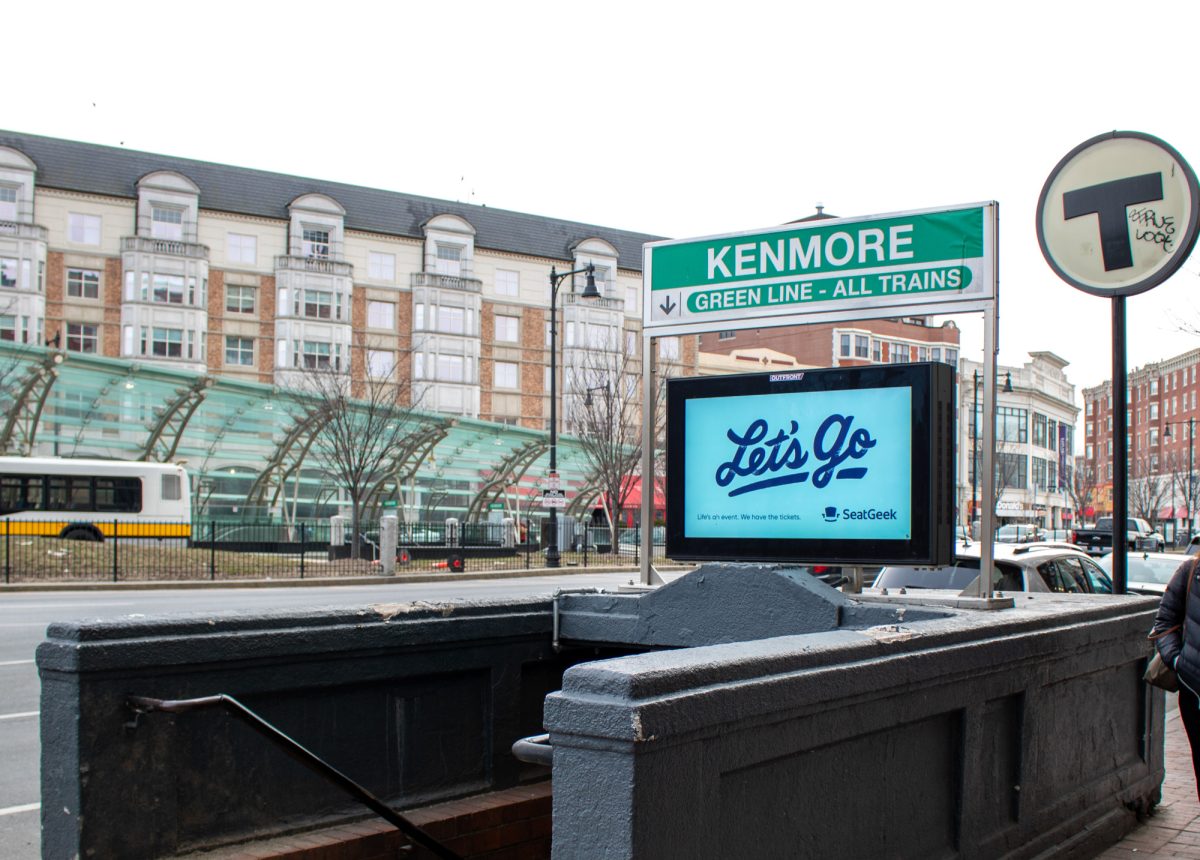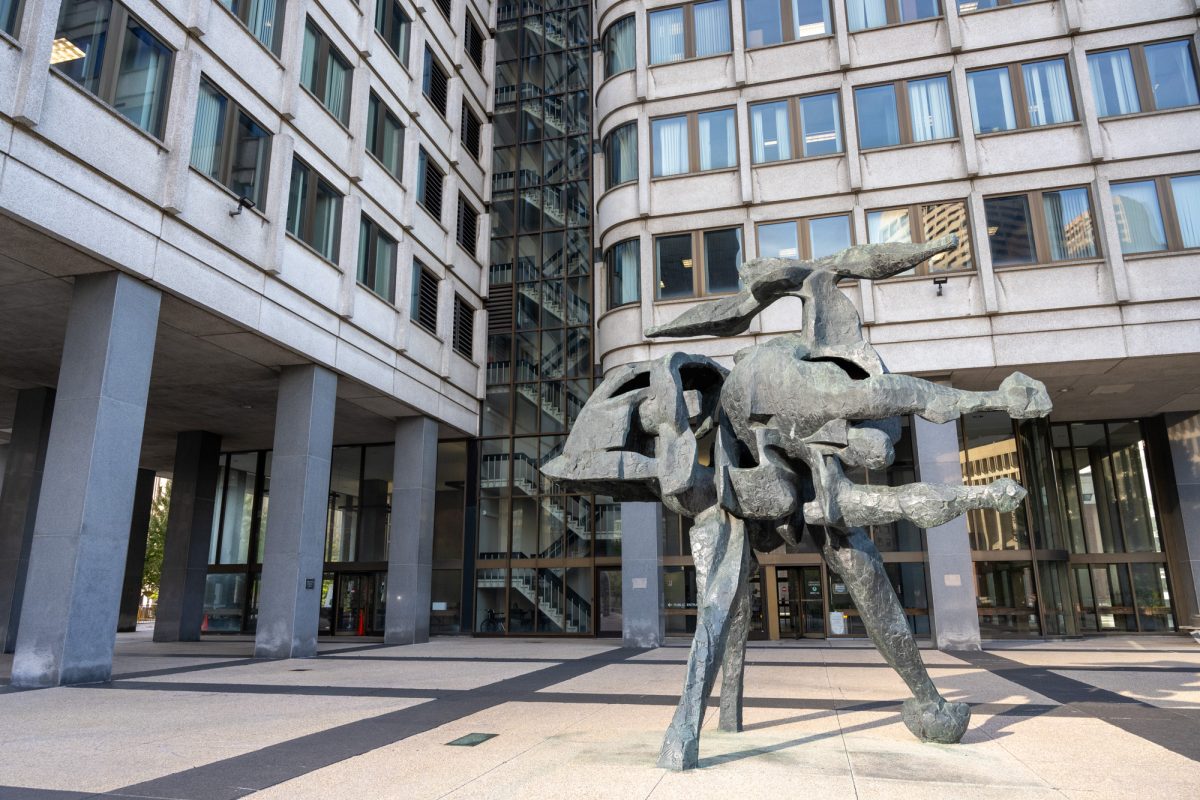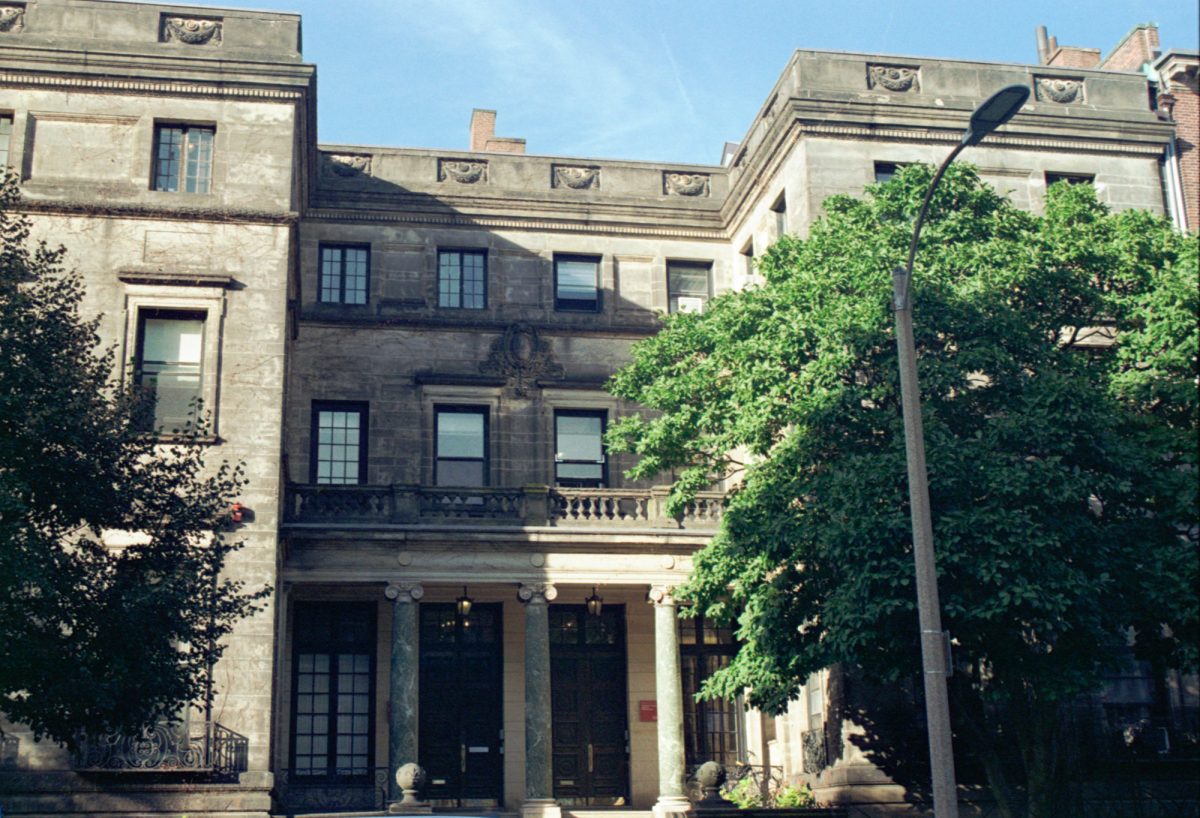Councilor Robert Consalvo’s proposal to charge non-residents a fee if they get into a traffic accident is an ill-conceived and underhanded way for the city to make money.
Consalvo’s proposal is a blatant attempt to pander to the constituents he serves at the expense of visitors and students’ insurance companies who will have to pick up the tab. Consalvo argues that the city loses money when out-of-towners get into accidents because the city must pay to send police officers and ambulances to the scene.
When an accident occurs, it would be more relevant to charge a fee based on why the accident happened, not where the motorist came from. In a city like Boston, where traffic problems and notoriously confusing streets are the norm, the least the council could do is enact the fee consistently for all the drivers involved.
Even though insurance companies would pay, it seems like the fee is a jab at college students who make up many of city’s non-residents.
The proposed out-of-town fee taps into a mentality well known by area co-eds. Students have often been accused of not footing their fair share of the city’s expenses, but this assumption does not take into account that they pump money into the city’s coffers by spending at local stores.
The truth is out-of-town college students — 81 percent of the 16,358 undergrads at BU alone — keep some local merchants in business. This proposed fee appeals to the native-Bostonian notion that visitors are an unwanted nuisance and unfairly takes advantage of non-city residents during a bad situation.
Boston actively appeals to these out-of-towners to come to the city and spend money, generating increased sales tax revenue through tourism and education. At the least, Boston should provide basic utilities, including public safety services, to its visitors free of charge in exchange for the increased revenue they generate.








































































































